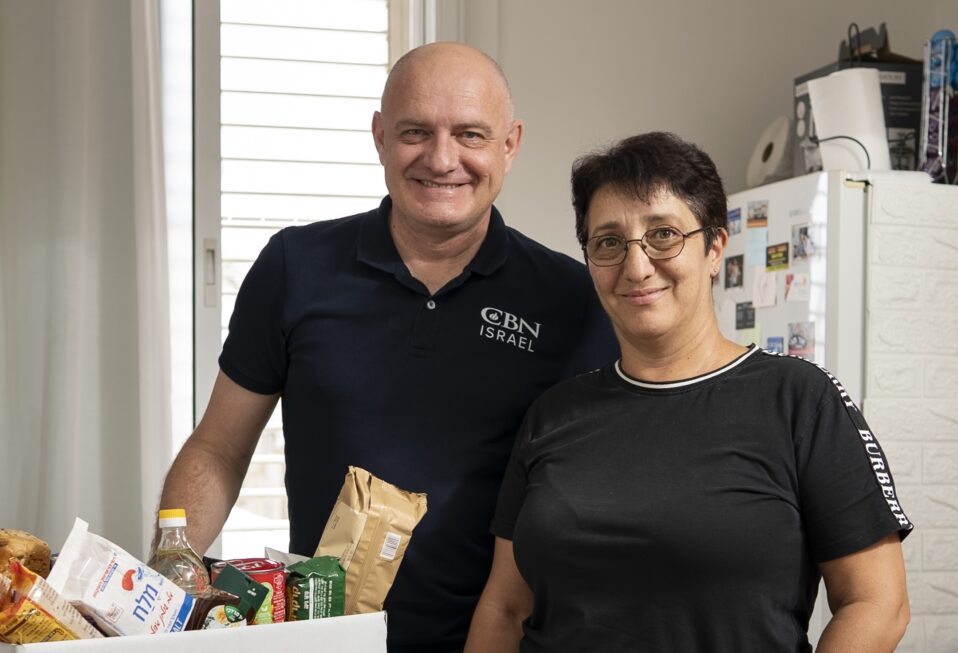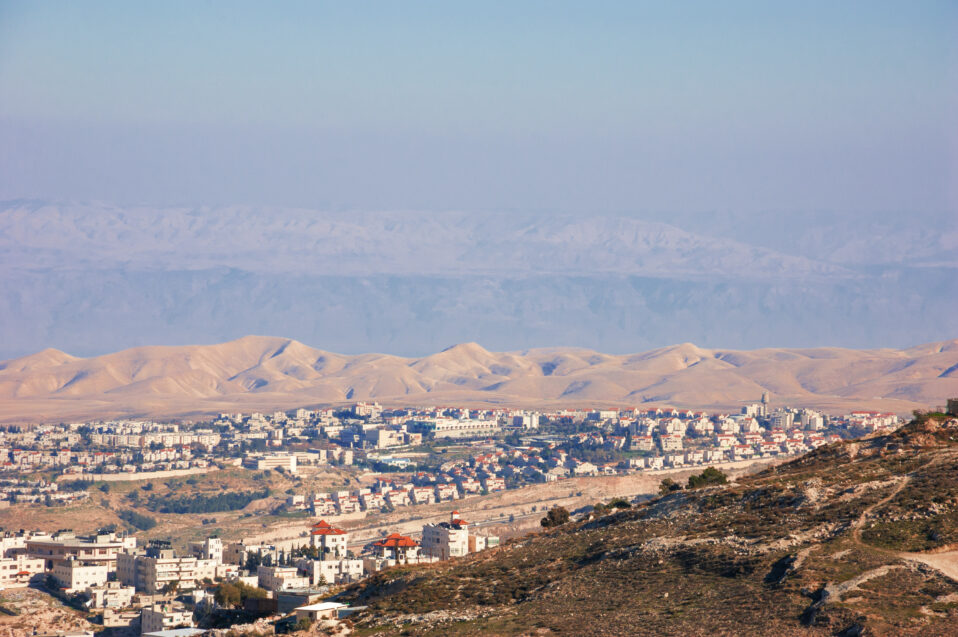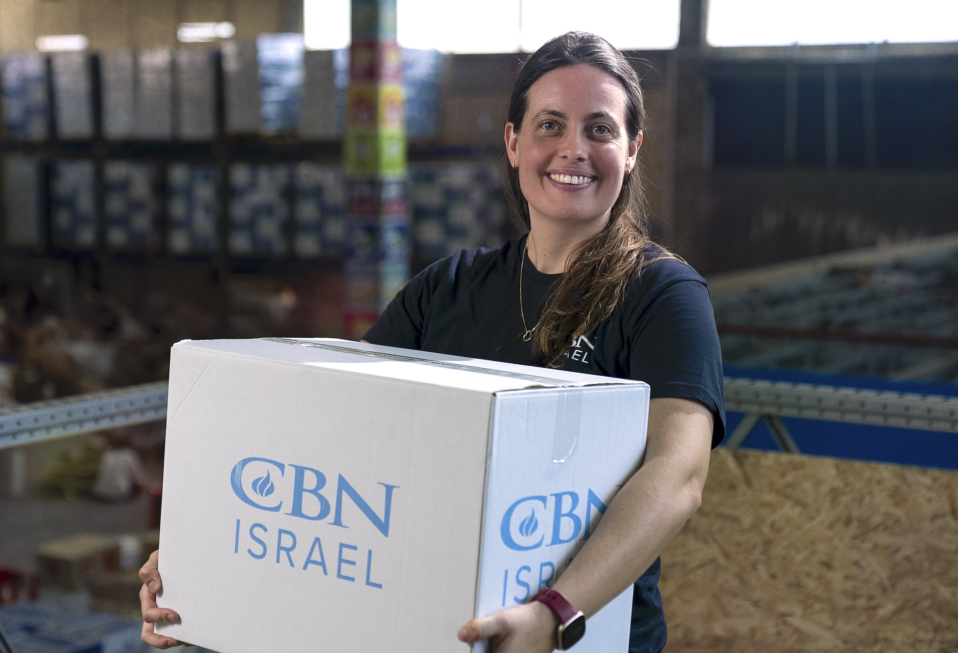By Arlene Bridges Samuels
Trivia games—still enormously popular today—first came into vogue on college campuses in the 1960s. Later, TV game shows like Jeopardy! caught on, followed by the Trivial Pursuit game that was officially released in 1981. Numerous trivia apps now generate hours of enjoyment.
The United States leads the trivia world of facts, with 1.3 billion downloads in 2022 alone. One of the best things about playing trivia is that doing so can help increase our knowledge, our team building, and our memory. That is why many corporations, like Spotify, Nike, and Amazon, use trivia applications.
As Israel advocates, we can have fun while utilizing Israel-focused trivia facts to increase our knowledge and oppose the unabating torrent of lies against Israel. Here are a few sample questions, before we explore historical facts about the world’s biblical heartland.
The answers for these trivia questions appear at the end of my column. Enjoy challenging yourself first!
- What are the two geographic names of the biblical heartland?
- What is the name of the walk in Jerusalem that takes visitors through the 14 stations of the cross?
- What year did the Romans destroy the Second Temple?
- How many ancient synagogues have archeologists discovered in Israel’s Golan Heights?
- What is the name of Israel’s legislative body?
- What is the Hebrew name for the Western Wall?
- What does the acronym IDF describe?
- What year did the Israeli government order 8,000 Jewish citizens to leave Gaza, turning it completely over to Palestinians?
- How many Arabs are Israeli citizens?
- After which war did Israel reunify its capital, Jerusalem?
- What year was the U.S. Embassy returned to its capital?
- What is the term for Jewish people immigrating to Israel?
- Who is referred to as the Father of Zionism?
- Who is credited with re-establishing ancient Hebrew into Israel’s modern language?
- Who is the current prime minister of Israel?
Whether or not you scored well, persistence will reward your knowledge. Prayers plus facts are needed now more than ever for the biblical heartland, Judea and Samaria, located in Israel since ancient times.
The Islamic Regime and its proxies remain intent on wiping Israel and her people off the map. That is why the Israel Defense Forces have expanded protection for Judea and Samaria—due to enclaves of Hamas terrorists in the Palestinian-occupied cities and villages. These terrorists use cars, knives, guns, IEDs, and highly sophisticated weapons they have smuggled into the heartland to murder Jews and anyone else in the way.
An article in August 2024 from the Jewish News Syndicate reported that since January, more than 3,000 terror attacks in Judea and Samaria have killed 14 people and wounded 155 others. The IDF has changed the status of Judea and Samaria, now classifying it a “combat zone”—and Israel’s most critical front after the Gaza Strip.
The world calls the biblical heartland the West Bank. A quick trivia question: “Why and when did the name West Bank originate?” Answer: About 75 years ago, the name given to describe land on the west side of the Jordan River.
Facts about the biblical heartland have a far more significant value than the dictionary meaning of the word trivia, which is “unimportant facts or details that are considered interesting rather than serious or useful.” Based on the spoken word of God penned by ancient Jewish scribes, the Old and New Testaments are one book—and proclaim Judea and Samaria as the bedrock of Judaism and for our Christian faith. Israel’s capital, Jerusalem, is in Judea.
Looking at a map of Israel, we see that the heartland is still loaded with names from the Bible. Add your own trivia list of facts to several I have included here.
God told Abraham, the first Jew, to pitch his tent in Hebron, near the tree of Mamre, around 1,800 B.C. In Judea, Hebron is considered the oldest Jewish community in the world!
Judea and Samaria correspond to the ancient Northern and Southern Kingdoms. Judea lies south of Jerusalem, and Samaria to the north.
The Old Testament foretold the Bethlehem field in Judea as the birthplace of Jesus. The New Testament confirmed it.
Shiloh, in Samaria, was the religious and military capital of Israel for 369 years in the 12th and 11th centuries B.C. It was the location of the Tabernacle housing the Ark of the Covenant. In Shiloh today, walking in the ancient steps of Hannah, Elkana, Eli, Samuel, and King David is an archaeological and holy experience connecting the 3,500-year Jewish history to their ancestral homeland.
The memorable New Testament story of Jesus and the woman at the well with her joyful encounter with the Messiah happened in Samaria.
In the 1967 Six-Day War when Israel was attacked, the Jews triumphed and won their ancient heartland from Jordanian occupation (1950-1967). Upwards of 500,000 religious and secular Jews now live throughout Judea and Samaria. Click here to explore many more facts both ancient and modern.
Although most call Judea and Samaria the “West Bank” it does not change the fact that this is the biblical heartland. Threats from the terrorists of the Islamic Regime and its ungodly understudies will not triumph over the God of Abraham, Isaac, and Jacob! “The land I gave to Abraham and Isaac I also give to you [Jacob], and I will give this land to your descendants after you” (Genesis 35:12). Israel’s Independence Day, May 14, 1948, certified God’s ancient promises.
This is the Holy Land where Jesus will return, rule, and reign forever!
Enjoy another Israeli game! Trivia: Are You Smarter Than DBG? Who was DBG? Israel’s first Prime Minister, David Ben Gurion! He originated the “Bible Quiz” Chidon HaTanach, a worldwide competition for all ages. The final quiz is annually televised in Jerusalem on Israel’s Independence Day, Yom Ha’atzmaut.
Trivia Answers:
- Judea and Samaria
- Via Dolorosa
- A.D. 70
- Thirty
- Knesset
- Kotel
- Israel Defense Forces
- 2005
- Approximately two million
- Six-Day War, 1967
- 2018 by President Donald Trump
- Aliyah
- Theodore Herzl
- Ben Yehuda
- Benjamin Netanyahu
We welcome you to join our CBN Israel team to pray from Jeremiah 32:17—“Ah, Sovereign Lord, you have made the heavens and the earth by your great power and outstretched arm. Nothing is too hard for you.”
Prayer Points:
- Pray for citizens’ safety in modern-day Judea and Samaria.
- Pray for many small businesses such as Lev Haolam, which makes beautiful products that can be ordered and shipped.
- Pray for the IDF as they protect Israeli communities in the biblical heartland.
Arlene Bridges Samuels is the weekly feature columnist for CBN Israel since 2020. Working on the staff of the American Israel Public Affairs Committee (AIPAC) as their SE Regional Outreach Director for nine years, International Christian Embassy Jerusalem USA engaged her as the Leadership Outreach Director part-time for their project American Christian Leaders for Israel. Arlene is an author at The Blogs-Times of Israel, is published at AllIsrael.com and The Jerusalem Connection, and has traveled to Israel since 1990. By invitation, she attends Israel’s Government Press Office Christian Media Summits as part of Christian media worldwide. In 2024, Arlene and her husband Paul co-authored Mental Health Meltdown: Illuminating the Voices of Bipolar and Other Mental Illnesses. www.TheMentalHealthMeltdown.com.
However, a genuine problem is looming in the United States. An October headline shouted, “Apathy Among Christian Voters Could Be ‘Gamechanger’ in 2024 election.” The Barna Group’s research notes that out of 104 million people of faith, an estimated 32 million self-identified churchgoers who regularly attend church will not cast their ballots. As you will see, it is seriously time for us to follow the examples of Moses and Esther.
Comparing the U.S. percentage to Israeli voting habits, 70 percent of Israelis vote for their Knesset (Parliament) for their parties, which leads to the coalition for a prime minister! Israelis closely engage in vigorous, often contentious politics and discussions in their homeland.
Politics in the U.S. has regressed into toxic verbal landscapes not seen in decades along with two assassination attempts against former President Trump. Many prefer to turn off the media and wrap themselves in a cocoon of disengagement.
Sharp divisions between American Democrats and Republicans show up in new uncharted issues—plus COVID-19 aftermaths, climate disasters totaling $93 billion in 2023 alone, and now traumas due to devastating hurricanes in the last two months. These catastrophic events—and more—add further complexities and questions for Americans.
Israelis fighting their justified seven-front war are reeling with grief from October 7 in their brave, exhausting, and ongoing war against the Islamic Regime and its proxies. IDF soldier deaths are increasing amid the ground war in southern Lebanon—and then last week’s Hezbollah drone targeting Prime Minister Netanyahu’s home increased Israeli anxieties.
All to say, the challenges for the United States and our ally Israel are problems that only God can and will solve, in His timing.
Meanwhile, what is our role as Christians? Do we sit idly by in disgust and disillusionment amid constant breaking news disruptions? Are we angry most of the time? Have we retreated from our freedoms?
Let us replace our outrage with outreach, and our apathy with action, to engage effectively with our culture by honoring our freedom to vote, especially here in the United States. Israelis honor their freedom with high voter turnout. Let us imitate them!
You may be surprised to know that the Bible provides us with outstanding role models and expectations as citizens. With the research indicating that as many as 32 million church-going Christians may not vote, it is important to learn from biblical leaders engaged in politics.
If you are choosing not to vote, I want to point you toward four biblical leaders in the hope that you will overcome your reluctance to cast your ballot in this upcoming election and make your voice heard in the political context.
God used Joseph in lifesaving ways by positioning him in his role as Pharaoh’s prime minister. Joseph accepted his future with wise decisions and brilliantly carried out his prominent position in politics, resulting in his Jewish family surviving the famine. Similarly, around 400 years later, God placed Moses in a key position in Egypt, not on Pharoah’s staff but as an ancient lobbyist. In his role, Moses appealed to Pharoah many times to “let my people go.” Finally, his appeals were answered and the Jewish people set out on their 40-year journey to the Promised Land.
Queen Esther also functioned as an ancient lobbyist. God placed her, a young Jewish orphan, in an influential position as a wife to King Ahasuerus. With prayer and courage, she made requests to him that saved the Jewish people from Haman’s genocidal plans.
And yes, although Babylonians captured Daniel and his friends from Jerusalem, God elevated Daniel to a highly esteemed position on King Nebuchadnezzar’s staff. Daniel served as the king’s premier counselor and held devotedly to his Jewish faith in a foreign, idol-worshiping land. He overcame his fear with faith even in the lion’s den.
Joseph, Moses, Esther, and Daniel deserve a second look into how God used them in a political context to change history.
A fact not widely known is that Israeli-Americans—dual citizens—number up to 500,000. They vote by absentee ballot in U.S. elections. Like those in the United States, when it comes to Donald Trump or Kamala Harris, they will vote for their favorite candidate. Republicans and Democrats have branch offices in Israel with their get-out-the-vote campaigns. Israel’s U.S. Embassy provided voting guidelines on January 26, 2024, emphasizing the importance of absentee ballots and detailing the instructions for the process.
Regarding perfect candidates and governments on earth, these do not exist. That is, until Isaiah 9:7 is reflected upon. “Of the greatness of His government and peace there will be no end. He will reign on David’s throne and over His kingdom, establishing and upholding it with justice and righteousness from that time on and forever.”
While earthly governments oppress and operate in a quagmire of self-interests, even in a democracy, Heaven’s country will outshine them all. God Himself will be our government. Perfection will overtake imperfection. Love will overtake hate. Joy will overtake sorrow when the government rests upon His shoulders.
A few bullet points to consider: Voting is a privilege. Our military has sacrificed for our freedoms so let’s not take those freedoms for granted. No candidate is perfect. Before you vote, pray and consult the Lord. Be aware that propaganda is at an all-time high. Be cautious about what you read and hear.
Vote for the candidates that reflect your values the most. Consider the quality of life for you, your family, and your friends. Closely examine candidate policies.
We welcome you to join our CBN Israel team this week to pray with lofty expectations about a perfect government in Isaiah 9:6: “And the government will be upon His shoulders.”
Prayer Points:
- Pray for U.S. elections and protection for Presidential, House, and Senate candidates.
- Pray that Christians will abandon their apathy and choose to vote.
- Pray that all vote counting will go smoothly.
- Pray for Israeli civilians, the IDF, and Lebanese Christians in the war against evil.
Arlene Bridges Samuels is the weekly feature columnist for CBN Israel since 2020. Working on the staff of the American Israel Public Affairs Committee (AIPAC) as their SE Regional Outreach Director for nine years, International Christian Embassy Jerusalem USA engaged her as the Leadership Outreach Director part-time for their project American Christian Leaders for Israel. Arlene is an author at The Blogs-Times of Israel, is published at AllIsrael.com and The Jerusalem Connection, and has traveled to Israel since 1990. By invitation, she attends Israel’s Government Press Office Christian Media Summits as part of Christian media worldwide. In 2024, Arlene and her husband Paul co-authored Mental Health Meltdown: Illuminating the Voices of Bipolar and Other Mental Illnesses. www.TheMentalHealthMeltdown.com.















